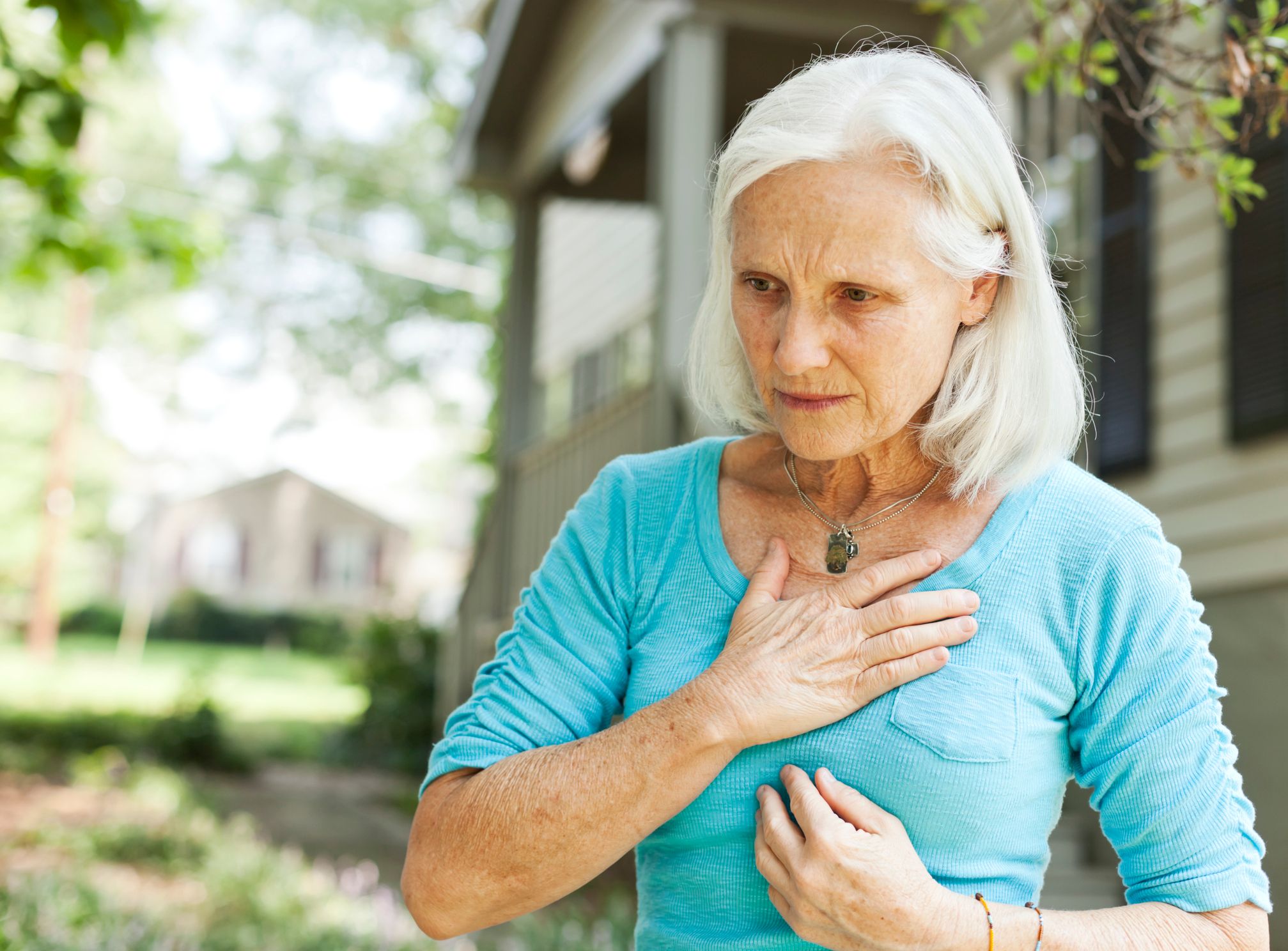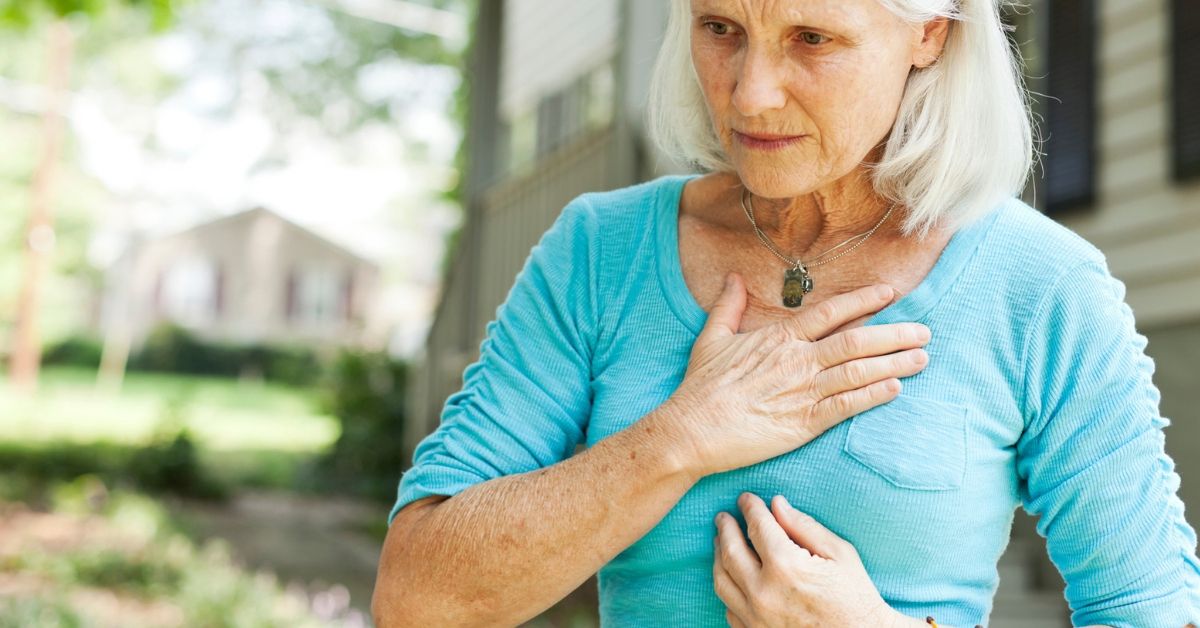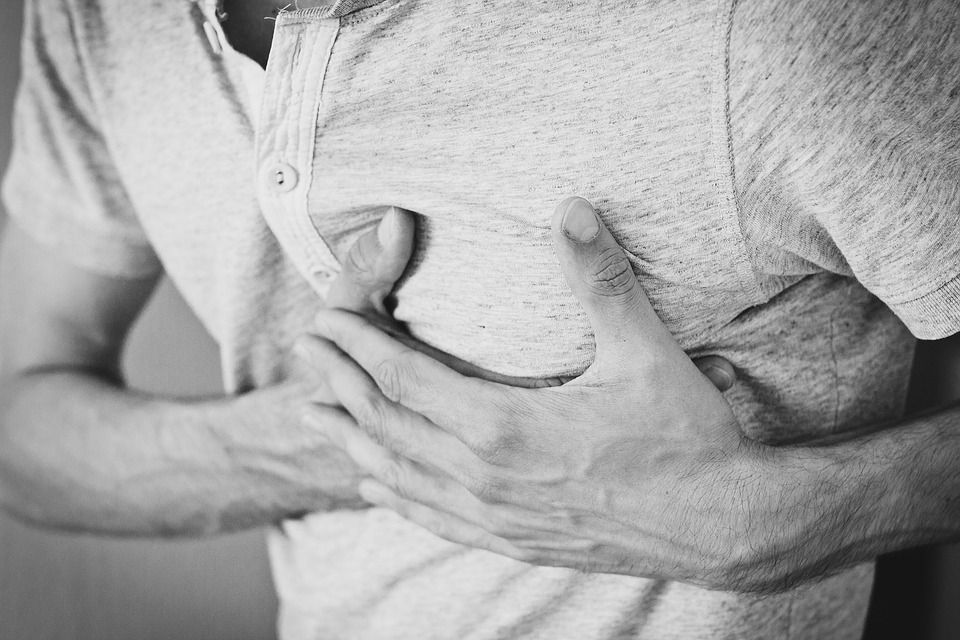Santa Claus is not the only surprise coming to town on December 24, heart attacks are too, according to a new study.
Published in the peer-reviewed British Medical Journal, the Swedish study revealed that the holidays take a toll on your cardiac health, and people are at a higher risk of a heart attack on Christmas Eve.
This new data comes from a 16-year research study involving 283,014 participants who have reported heart attacks between 1998 and 2014. In that time, researchers analyzed and tracked symptoms and other factors leading up to the heart attacks.
The deadliest hour
Not only did the scientists find a 37% increase in the risk of a myocardial infarction, they were also able to pinpoint the exact hour during which the heart is most likely to give out.
Turns out, 10 p.m. on Christmas Eve is the deadliest hour.
Of course, older folks, especially those over the age of 75 with a history of medical conditions like coronary artery disease and diabetes, are at a higher risk when compared to their younger counterparts.
The study, which was conducted to find out if holidays and sporting events trigger heart attacks, also noted that Christmas Day and New Year's Day are not good for the heart either, but there's no need to worry on New Year's Eve or during the Super Bowl.
The study also found that Mondays and early morning hours (before 8 a.m.) are high times for heart attacks.
This isn't very good news because Christmas Eve falls on a Monday this year.
What makes Christmas Eve so dangerous?
You're probably wondering why the risk is so much greater the night before Christmas, and while the researchers can't point to a specific reason, they have a few theories.
"We do not know for sure but many mechanisms may be involved of which emotional distress with acute experience of anger, anxiety, sadness, grief, and stress increases the risk of myocardial infarction," researcher David Erlinge at Lund University's Department of Cardiology, told USA Today. "
He added, "Excessive food intake, alcohol, long distance traveling may also increase the risk of heart attack."
Symptoms to watch out for
In the United States, someone suffers a heart attack every 40 seconds. In total, about 790,000 Americans have a heart attack every year, and one in five out these cases are "silent" attacks.

The longer you wait after the attack occurs, the more damage the heart muscle will endure, so it is important to recognize the signs and symptoms so you or your loved one can seek treatment right away.
Heart attack symptoms include chest pain, sweating, shortness of breath, discomfort in the throat, neck and jaw, stomach pain, heartburn, as well as arm, back and chest pain.
These signs vary from person to person, and women might have slightly different symptoms than men, including fatigue, body pain, sudden change in body temperature, and dizziness.
If you or someone around you experiences these symptoms, call 911 right away.




